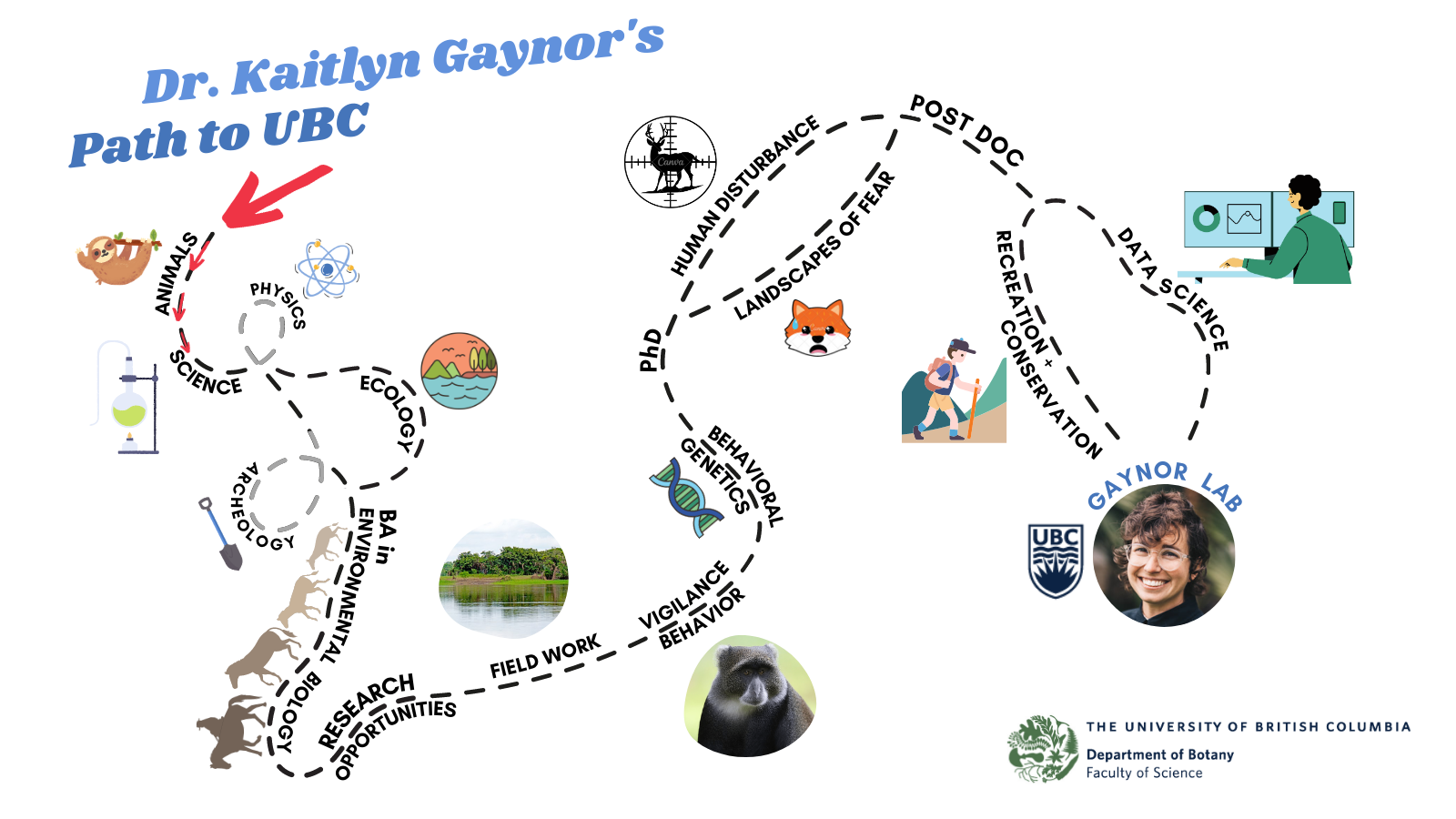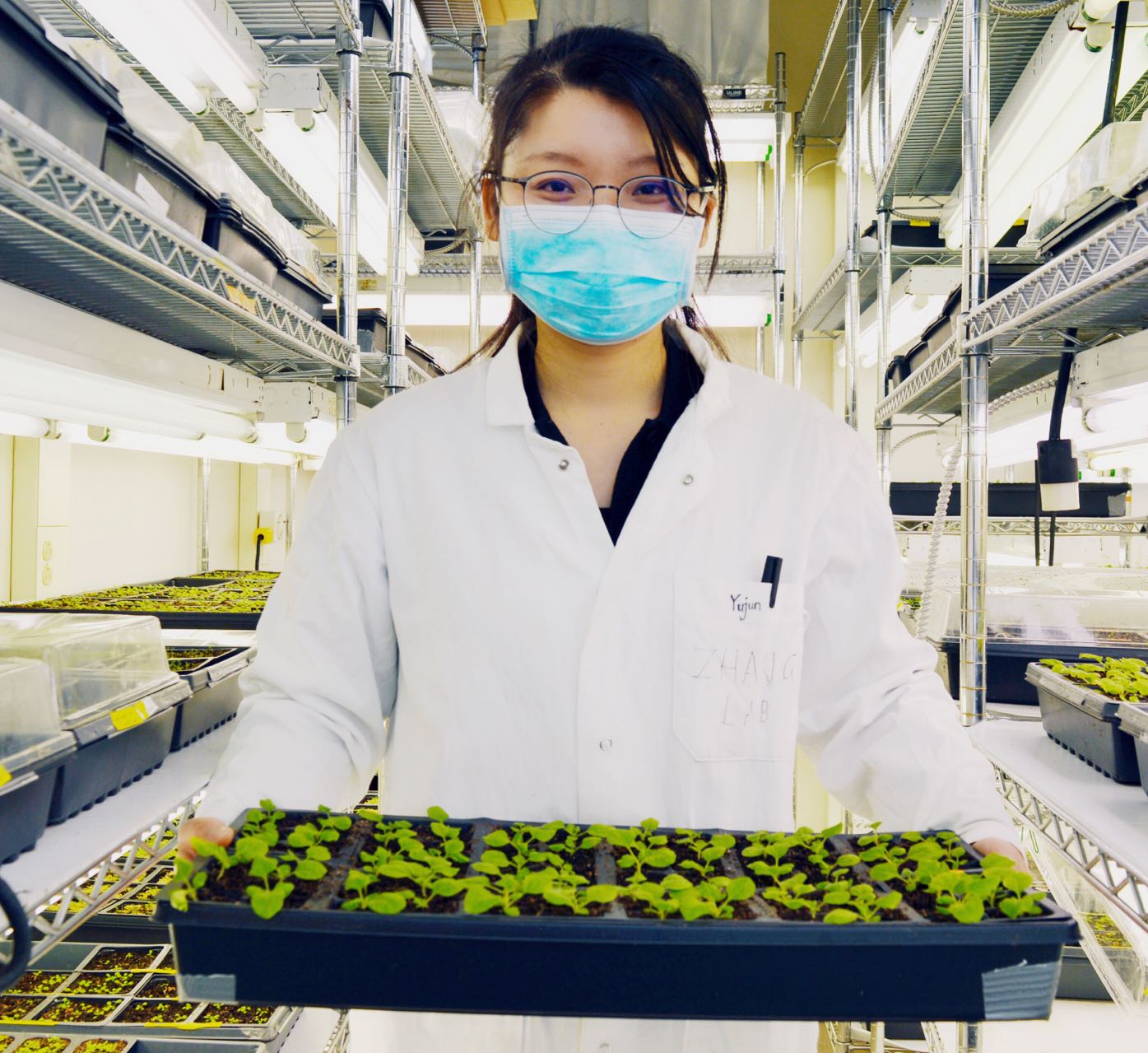| Picture | Title | Description | Published date |
|---|---|---|---|
 |
Advice for young scientists from Dr. Kaitlyn Gaynor |
For Dr. Kaitlyn Gaynor (she/her), Assistant Professor in UBC’s Departments of Botany and Zoology, being able to do research was a key moment of transition in her journey to becoming a scientist. “I had spent so much time in school reading other peoples’ work. When I began exploring research opportunities in undergrad, I realized that… | |
 |
Winner of the 2022 Campus as a Living Lab Fund Competition |
Congratulation to Michelle Tseng and her collaborators on being one of the recipients of the 2022 Campus as a Living Lab Fund Competition, which this year partnered with Wellbeing to expand the opportunities provided through the competition and support more projects advancing new ideas and innovations in Wellbeing, for their project Campus Trees, Microbes and Insects (CTMAIN):… | |
 |
Celeste earns West Coast teaching award |
Dr. Celeste Leander, Professor of Teaching in the Departments of Botany and Zoology, has received a 2023 West Coast Teaching Excellence Award. The honour, awarded to top post secondary teachers in British Columbia and the Yukon by the BC Teaching and Learning Council (BCTLC), recognizes Dr. Leander’s deep commitment to student-centred teaching. “Celeste makes brave… | |
 |
Uncertainty in the research process is a source of excitement for Yujun Peng, Dewar Cooper Fellowship recipient |
Yujun Peng, a member of Dr. Yuelin Zhang’s lab group, was recently awarded the Dewar Cooper doctoral fellowship for her work on the salicylic acid hormone signaling pathway. Her lab group focuses on how plant immune responses are regulated against the pathogen invasion, and early studies show that salicylic acid plays an essential role in… | |
 |
Elizabeth Mahon, Jonathan Page Fellowship awardee, finds satisfaction in scientific problem-solving |
Elizabeth Mahon, PhD student in the lab group of Dr. Shawn Mansfield, was awarded the Jonathan Page Fellowship for her research on the biochemistry of the wood of poplar trees. The goal of her project is to engineer poplar trees for use as feedstock for renewable bioproducts like biofuels, pulp and paper. The Jonathan… |






